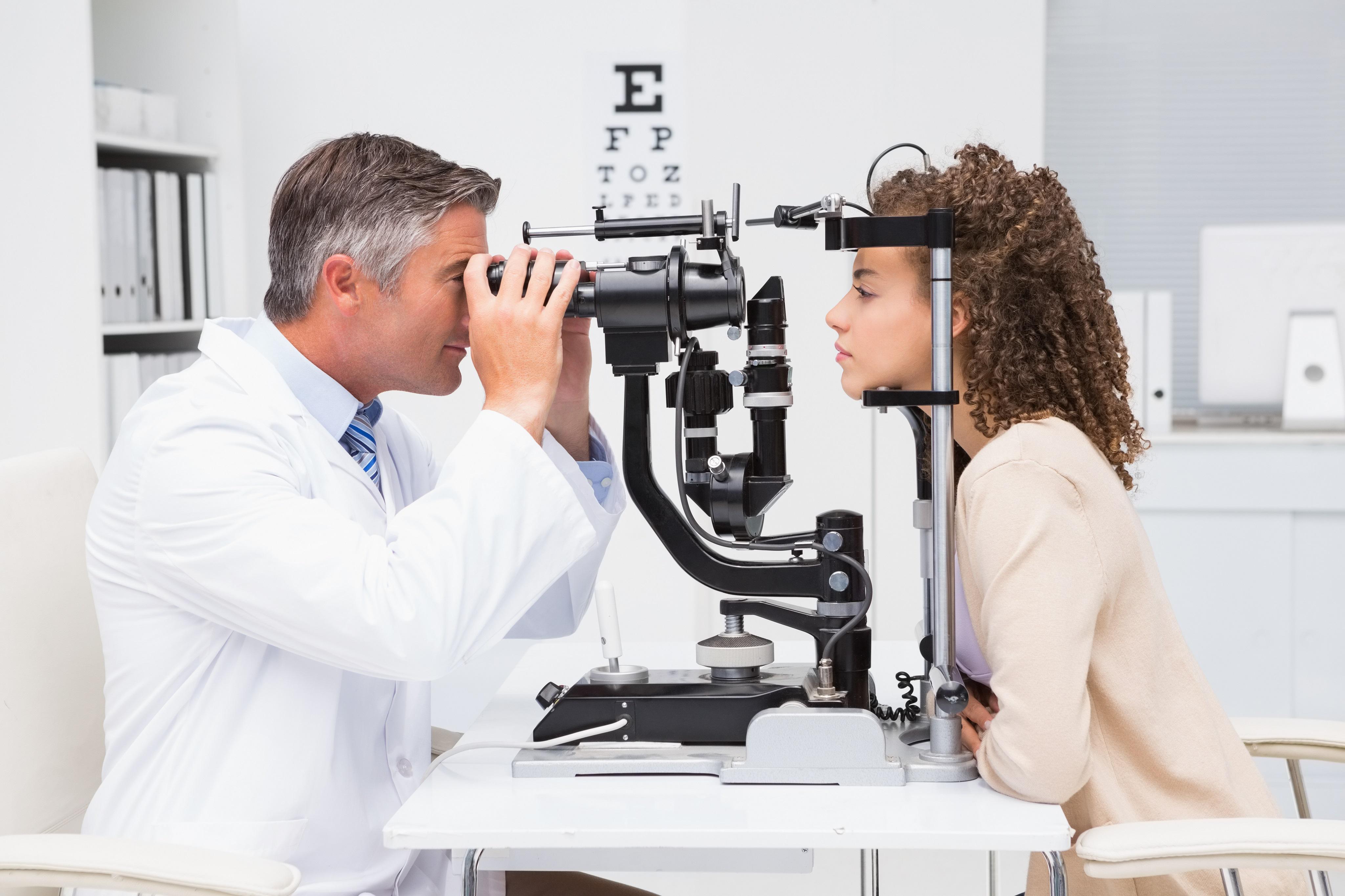Andalusia Ophthalmologist: Dedicated Vision Take Care Of Every Patient
Andalusia Ophthalmologist: Dedicated Vision Take Care Of Every Patient
Blog Article
Is Refractive Surgical Treatment Right for You? Aspects to Consider for Better Eyecare
In the world of eye care, the decision to go through refractive surgical procedure is a significant one that demands thoughtful factor to consider. From the intricacies of one's ocular health and wellness to the complexities of day-to-day practices and individual assumptions, each element holds relevance in the wider landscape of refractive surgery candidacy.
Eye Health Assessment
When considering refractive surgery, a detailed eye health analysis is critical to evaluate the suitability of the treatment for each person. eye center andalusia. This examination includes a series of tests and exams carried out by an eye care professional to determine the overall health and wellness of the eyes, the presence of any hidden problems, and the security of the refractive mistake
During the assessment, numerous aspects are taken into account, such as the patient's clinical background, current eye prescription, corneal thickness, pupil dimension, and tear movie top quality. These analyses aid to identify any kind of contraindications to refractive surgery, such as corneal abnormalities, cataracts, or untreated eye infections. Furthermore, the examination assists to manage client expectations pertaining to the potential outcomes of the surgical procedure based upon their unique eye qualities.
Eventually, the eye health evaluation is vital in guaranteeing the safety and security and efficiency of refractive surgical procedure, as it provides beneficial insights right into the individual's eye health and wellness condition and helps determine one of the most appropriate treatment options for achieving optimum aesthetic outcomes. (cardiologist andalusia)
Lifestyle Analysis
A comprehensive way of living analysis is indispensable in establishing the suitability of refractive surgical treatment for a person's aesthetic improvement demands. Way of life aspects such as line of work, pastimes, and everyday activities play a critical role in the decision-making procedure concerning refractive surgical procedure.
Furthermore, lifestyle behaviors such as sporting activities participation, outdoor activities, or perhaps skin care regimens can influence the healing process and overall success of refractive surgical procedure. For instance, individuals that participate in contact sports might require to take added preventative measures to shield their eyes during the recovery duration. Furthermore, individuals with extensive sunlight direct exposure may require extra post-operative like stop problems. By performing a detailed way of life evaluation, eye treatment specialists can customize their referrals and therapy strategies to satisfy the distinct demands of each client, ultimately bring about enhanced aesthetic outcomes and satisfaction.
Assumption Alignment

Patients require to understand that while many individuals attain 20/20 vision or much better adhering to refractive surgery, some may still require glasses for particular tasks like analysis or driving at evening. Handling these assumptions helps avoid dissatisfaction and discontentment post-surgery, leading to Bonuses a more favorable general experience for the client.
Threat Analysis

Variables that may enhance the risk of difficulties include age, certain clinical conditions like autoimmune conditions, unsteady vision prescription, thin corneas, and impractical patient expectations. Additionally, choosing a experienced and competent surgeon, following pre and post-operative care instructions diligently, and divulging any type of appropriate case history can help alleviate dangers.
To reduce the chance of difficulties, eye doctors conduct complete pre-operative assessments to determine any contraindications to surgery. They also review the possible threats and advantages with clients during the assessment process. By taking part in open interaction and shared decision-making, both the individual and the ophthalmologist can interact to establish if refractive surgical procedure is the ideal selection based upon private danger profiles and preferred outcomes.
Examination Relevance
Thinking about the vital duty of notified decision-making in examining risks and potential difficulties in refractive surgical treatment, the consultation process holds substantial significance in assisting clients towards optimal results. Throughout the appointment, the eye doctor reviews the client's eye wellness, refractive errors, and overall suitability for surgery. This initial evaluation is important in identifying the most appropriate procedure for every person, considering elements such as corneal density, pupil dimension, and existing eye problems.
In addition, the consultation offers as a possibility for individuals to review their assumptions, issues, and any type of questions they may have regarding the surgical treatment. Clear communication in between the client and the doctor is necessary to make certain realistic assumptions and a detailed understanding of check out here the potential threats and advantages entailed.
Furthermore, the appointment permits the specialist to describe the different surgical alternatives readily available, their respective end results, and the post-operative treatment called for. This thorough discussion encourages clients to make knowledgeable decisions concerning their eye treatment, leading to much better complete satisfaction and outcomes post-surgery.
Verdict
Finally, individuals taking into consideration refractive surgical treatment ought to undertake a thorough eye wellness analysis, analyze their way of life practices, straighten their assumptions with potential outcomes, assess the involved risks, and focus on appointments with eye treatment professionals. These variables play an essential duty in determining the suitability of refractive surgical procedure for every individual, making sure optimum outcomes and satisfaction with the procedure.
People taking into consideration refractive surgical treatment typically have high assumptions relating to the results, anticipating perfect vision without the need for glasses or call lenses. While refractive surgery can greatly boost vision and minimize dependence on aesthetic help, it is critical for people to recognize that results may differ based on specific variables such as the degree of refractive error, corneal thickness, and general eye health.
By involving in open communication and shared decision-making, both the eye doctor and the individual can function with each other to figure out if refractive surgery is the appropriate choice based on private risk profiles and desired end results.
Considering the important function of notified decision-making in evaluating risks and potential difficulties in refractive surgical treatment, the examination process holds significant value in leading individuals in the direction of ideal outcomes. Throughout the consultation, the ophthalmologist reviews the client's eye wellness, refractive mistakes, and total suitability for surgical treatment.
Report this page